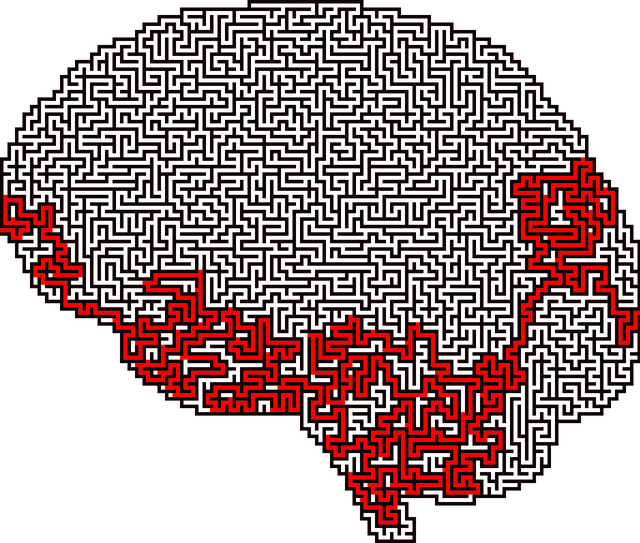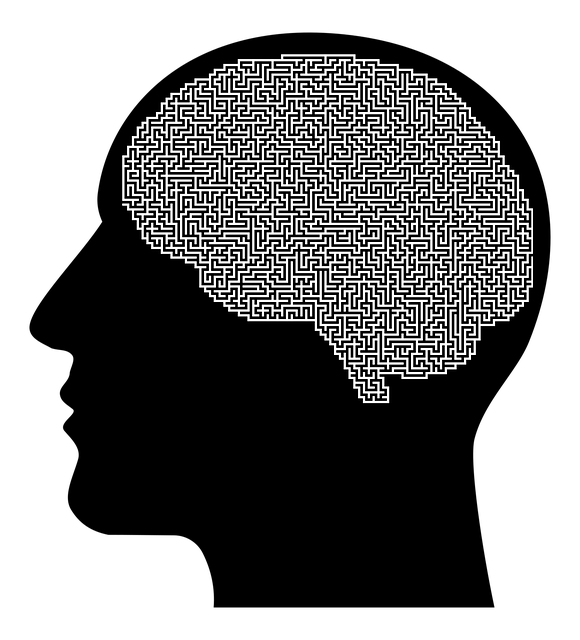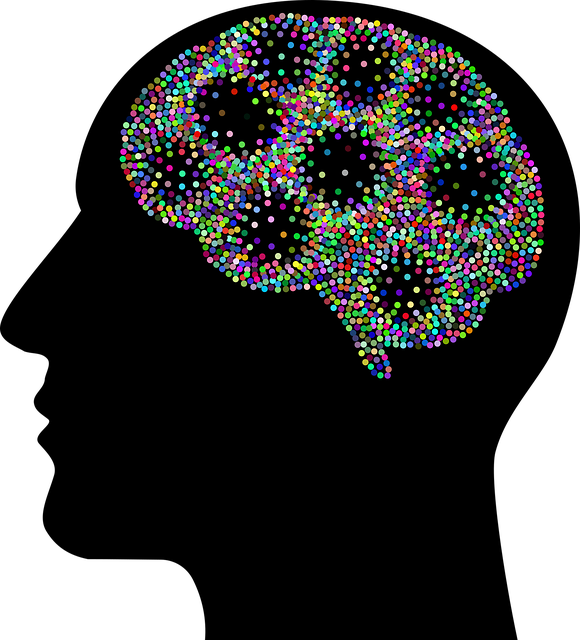Mental wellness app development is a booming field addressing emotional well-being, with apps like Golden Terminal Illness Therapy offering tailored coping skills for chronic conditions. Integrating evidence-based practices like CBT and mindfulness meditation, these apps enhance resilience and quality of life. Key features such as Social Skills Training and Mindfulness Meditation cultivate present-moment awareness and improve emotional intelligence, serving as valuable adjunctive therapies for severe mental health challenges. Developers must prioritize understanding user needs, data privacy, and creating intuitive interfaces to contribute to holistic well-being in the digital age.
In today’s digital age, mental wellness app development is revolutionizing access to support. “Understanding Mental Wellness App Development: A Comprehensive Guide” explores the growing landscape of mental health technology, with a particular focus on Golden Terminal Illness Therapy—a promising approach gaining traction. This article delves into the key features and benefits of effective apps, offering insights for both developers aiming to create impactful tools and individuals seeking enhanced mental wellness resources.
- Understanding Mental Wellness App Development: A Comprehensive Guide
- Golden Terminal Illness Therapy: Revolutionizing Mental Health Support
- Key Features and Benefits of Effective Mental Wellness Apps
Understanding Mental Wellness App Development: A Comprehensive Guide

Mental wellness app development is a burgeoning field aimed at addressing various aspects of emotional well-being. With the increasing recognition of mental health as a crucial component of overall health, there’s a growing demand for accessible and effective solutions. These apps offer a range of features tailored to support users in managing stress, anxiety, depression, and other common mental health challenges. They can also serve as valuable tools for promoting emotional regulation, burnout prevention strategies for healthcare providers, and fostering self-awareness exercises.
A comprehensive guide to developing such apps should delve into key considerations like understanding the target audience’s needs, integrating evidence-based practices, ensuring data privacy and security, and creating intuitive user interfaces. For instance, Golden Terminal Illness Therapy, a hypothetical app, might incorporate techniques from cognitive behavioral therapy (CBT), mindfulness meditation, and mood tracking to provide personalized support. By focusing on these aspects, developers can create mental wellness apps that not only cater to individual needs but also contribute to a holistic approach to well-being in today’s digital landscape.
Golden Terminal Illness Therapy: Revolutionizing Mental Health Support

Golden Terminal Illness Therapy is a groundbreaking approach that revolutionizes mental health support, offering a beacon of hope for individuals grappling with long-term or chronic conditions. This innovative therapy goes beyond traditional methods by integrating coping skills development tailored to the unique challenges faced by those living with terminal illnesses. It recognizes the profound impact these conditions can have on an individual’s mental wellness and provides targeted strategies to enhance resilience and improve quality of life.
The program prioritizes cultural sensitivity in mental healthcare practice, ensuring that diverse patient populations receive culturally competent care. By addressing the psychological aspects of serious health issues, Golden Terminal Illness Therapy fosters a sense of empowerment and encourages individuals to navigate their journey with grace. Additionally, it facilitates community outreach program implementation, connecting patients with support networks, which can be instrumental in managing stress and promoting mental well-being within these communities.
Key Features and Benefits of Effective Mental Wellness Apps

Mental wellness apps have emerged as powerful tools for promoting holistic well-being, offering accessible and personalized support to users grappling with various mental health challenges. Effective mental wellness apps often incorporate a range of key features that contribute to their success. One such feature is Social Skills Training, which fosters connections and enhances communication abilities, helping users navigate interpersonal relationships more effectively. This aspect is particularly beneficial for individuals dealing with anxiety or depression, as social support plays a crucial role in recovery.
Additionally, integrating Mindfulness Meditation practices into these apps allows users to cultivate present-moment awareness and manage stress levels. Regular mindfulness exercises have been linked to improvements in emotional intelligence—the ability to recognize and understand one’s own emotions and those of others. By promoting self-awareness and emotional regulation, mental wellness apps empower users to better cope with life’s challenges, ultimately contributing to improved overall well-being. For individuals struggling with more severe conditions like Golden Terminal Illness (e.g., depression, anxiety disorders), these apps can serve as valuable adjunctive therapies, complementing traditional treatments and enhancing the user’s path to recovery.
The development of mental wellness apps, especially those offering innovative solutions like Golden Terminal Illness Therapy, signifies a significant step forward in addressing global mental health challenges. By leveraging technology, these applications provide accessible and personalized support, enhancing users’ well-being. As we navigate the digital landscape, it’s crucial to continue exploring and refining app features that cater to diverse mental health needs, ensuring a brighter and more resilient future for all.










